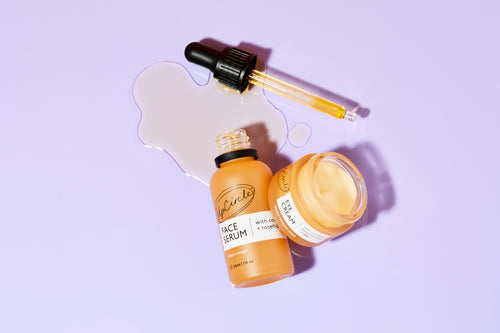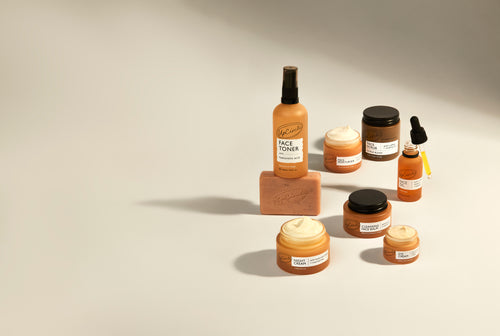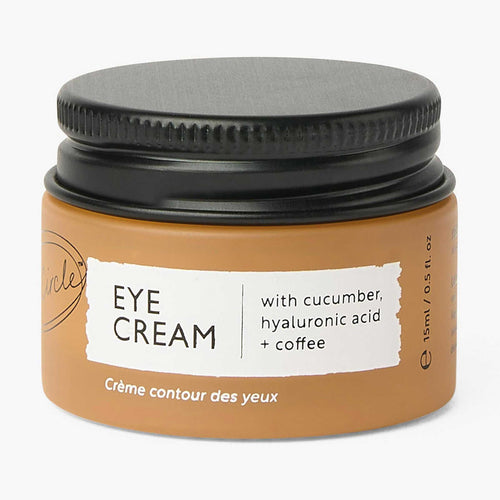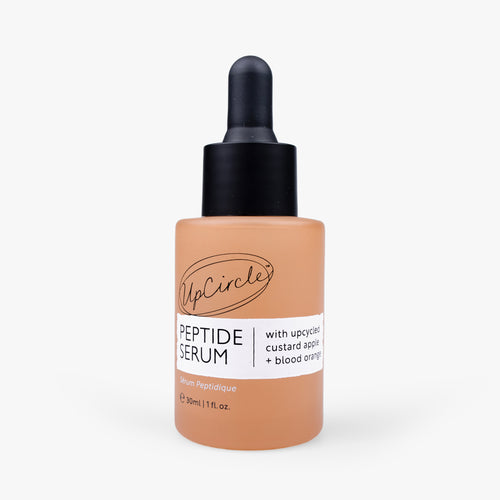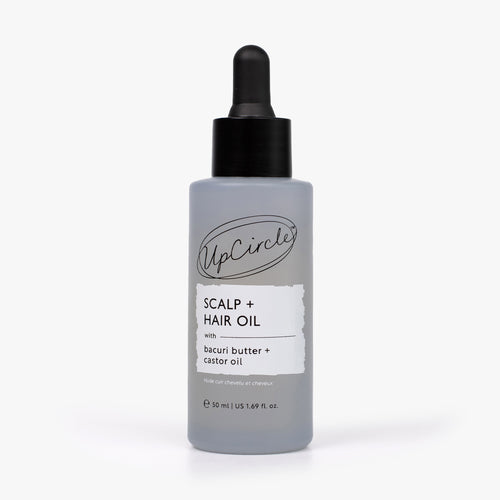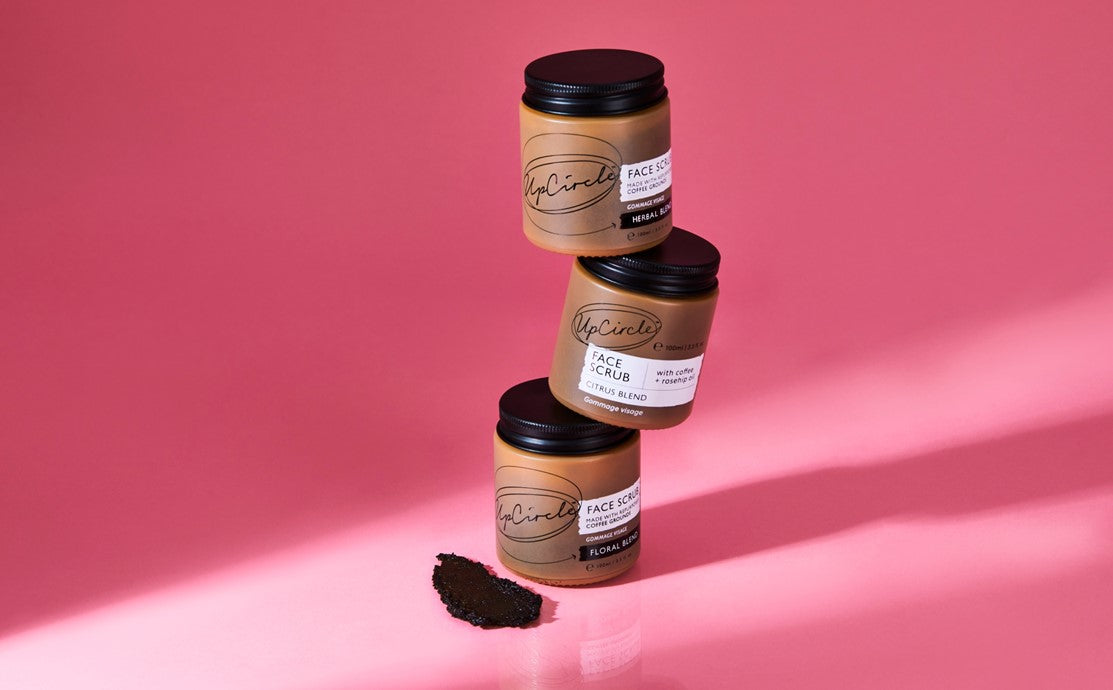Milia are tiny white spots dotted across the skin, most commonly across the nose, chin and cheeks. They tend to cluster together on the skin. Milia aren’t just the milk spots common in newborn babies, but they can be experienced by adolescents and teens too.
Frustrating as milia spots can be, they aren’t a cause for concern. But we know that sometimes we’d rather not experience them! Just remember, your skin is wonderful – milia or not. It does a hugely important job at keeping you well and should be treated with kindness. Here we chat more about what’s going on and how to get rid of milia if that’s something you choose to do.
What are milia?
While not ‘whiteheads’, milia are small white raised spots caused by keratin build-ups under the skin. They can also be caused when tiny flakes of skin get trapped under the surface. The white is not pus, as with whiteheads. They are therefore longer lasting than regular spots and can leave you wondering if they will ever go without assistance.
In tiny babies, milia spots do usually go of their own accord. Unfortunately for adults, milia tend to linger and don’t usually resolve on their own. So, what can you do and how can you get rid of milia if they are bothering you?
How to get rid of milia
There are a few different approaches you can take to get rid of milia, speed up the process of them going by themselves, and also prevent more from forming.
1. Don’t pick!
Resist the urge to pick or dig out milia in an attempt to get rid of them. Even if you are an avid spot squeezer (you shouldn’t be!), milia do not take kindly to being squeezed. The bumps can end up bleeding, sore, scabby and scarring, making the whole situation worse.
What’s more, it is unlikely you’ll succeed with removing the keratin build-up. And furthermore, you could well introduce germs, creating an infection and an outbreak. So avoid picking and be kinder to your skin instead!
2. Keep things clean
If you experience milia, keeping your face clean will help to prevent it worsening, as well as reduce the likelihood of future occurrences. The trick is to use a mild cleanser, such as our Cleansing Face Balm with Apricot Powder which will keep the oils in your face balanced. It’s important to prevent your skin from getting too dry (as this can worsen milia), so pat the skin dry and then apply a moisturiser.
3. Use steam
Steam is a wonderful natural way of helping to open your pores, and this can help to dislodge the milia. If you wish to use steam, make sure to cleanse your face first. Even a steamy bath or shower can help, but you can also use a bowl and towel over your head for a deep steam. After steaming, rinse your skin with lukewarm water.
4. Exfoliate gently
Exfoliation is important for both preventing milia and helping nudge it on its way. It helps to get rid of grime and dead skin cells before they can get lodged in your pores. We recommend choosing our Citrus Blend Face Scrub as the naturally present citric acid can support your skin not to produce excess keratin.
With milia, it can be tempting to try and exfoliate the milia away. However, over-exfoliation will irritate the skin. Try to do it just one to two times a week.
5. Gently massage and scrape the skin
With milia, sometimes there’s not quite enough movement through the skin to enable dirt and grime to flow away. Gently applying pressure with an eye roller tool and gently scraping the skin with a Gua Sha helps the pores to self-cleanse and prevent milia development.
6. Mask don’t peel
Some people recommend chemical peels for milia. We aren’t fans of overloading the skin with harsh chemicals, so we’re not so sure about this method. It can be too harsh, potentially even making the milia worse.
An alternative to using harsh chemicals is to use a clarifying Kaolin Clay Face Mask which will help to detoxify the skin and minimise pores naturally.
7. Get your Vitamin A
Vitamin A is one of the skin’s wonder vitamins. It is perfect for nourishing your skin and giving it what it needs to heal and rejuvenate.
Our Night Cream with Niacinamide and Hyaluronic Acid contains repurposed blueberries which are naturally rich in Vitamin A. As an overnight moisturiser, it’s an excellent formulation to repair, nourish and protect your skin, without resorting to expensive and high-chemical retinoid creams.
8. Use a facial sunscreen that doesn’t clog pores
It’s really important to use a daily sunscreen to protect your skin and prevent damage from harmful ultraviolet rays. The trick is to use a natural sunscreen developed for use on the face, as this can prevent irritation and blocked pores which cause milia. It’s important to choose a high SPF to adequately protect the regularly exposed skin on your face.
We know that many people don’t want to lather on chemical sunscreens. That’s why we’re proud to bring you a mineral sunscreen with SPF25 to protect your skin naturally, without clogging pores.
If your milia is really getting you down
At UpCircle, we firmly believe in embracing the skin you’re in. It’s our imperfections that make us beautiful. However, we also know that issues like milia can be frustrating and you may be keen to get rid of your milia spots.
The above processes will generally work for most people to get rid of milia. However, you may need to be patient. If you’re struggling with recurrent or intense milia outbreaks, then you may wish to visit a dermatologist. They can safely remove the milia manually, although unfortunately there’s no guarantee they won’t return.
Once you’ve got on top of your milia, it’s important to practice a regular cleansing routine to prevent new build-up of keratin and dead skin cells.

